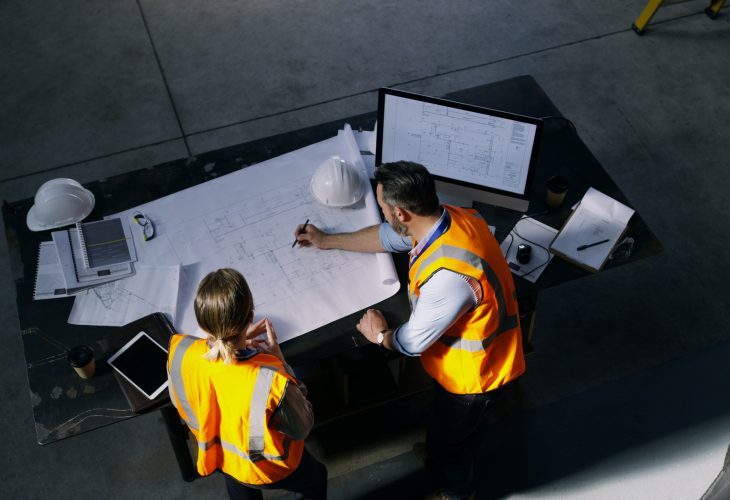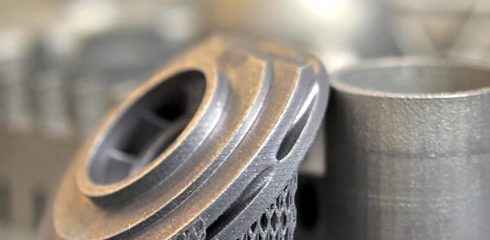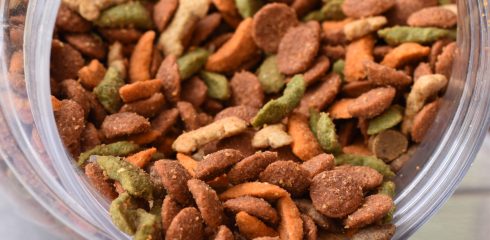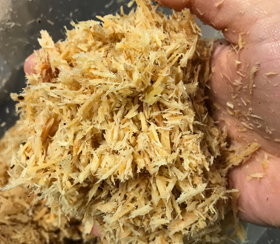
Those who deal with biomass know it can be very difficult to handle, but why? Let’s compare biomass to bulk materials/powders for a moment. Both bulk materials and biomass have internal friction, can form piles, are sensitive to pressure, and are compressible. In addition, biomass can be springy, have a high aspect ratio, and have particles align. Biomass also covers an exceedingly wide variety of materials. Because of these differences, our approach to characterizing the flowability of biomass must adapt to overcome flow challenges.
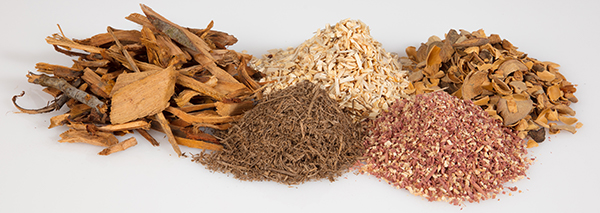
Typical bulk material handling challenges include bridging/arching, ratholing, erratic flow, varying bulk density, segregation, caking, etc. With powders, we run small-scale tests to characterize the flowability of the material e.g. cohesive strength, wall friction, permeability, and bulk density. With biomass materials, common issues are bridging over large spans (even up in the cylinder of a silo) and ratholing – resulting in limited live capacity, fermenting in stagnant regions, and potentially spontaneous combustion. The flow characteristics of biomass can change even when sitting for a short time in a bin. To measure the flowability of biomass we use large-scale tests for flowability characterization to provide information required for design. Without that characterization, there is no real basis for design of bins, hoppers, feeders, and transfer chutes. It is critical that the tests match process conditions such as moisture content, particle size, and time at rest.
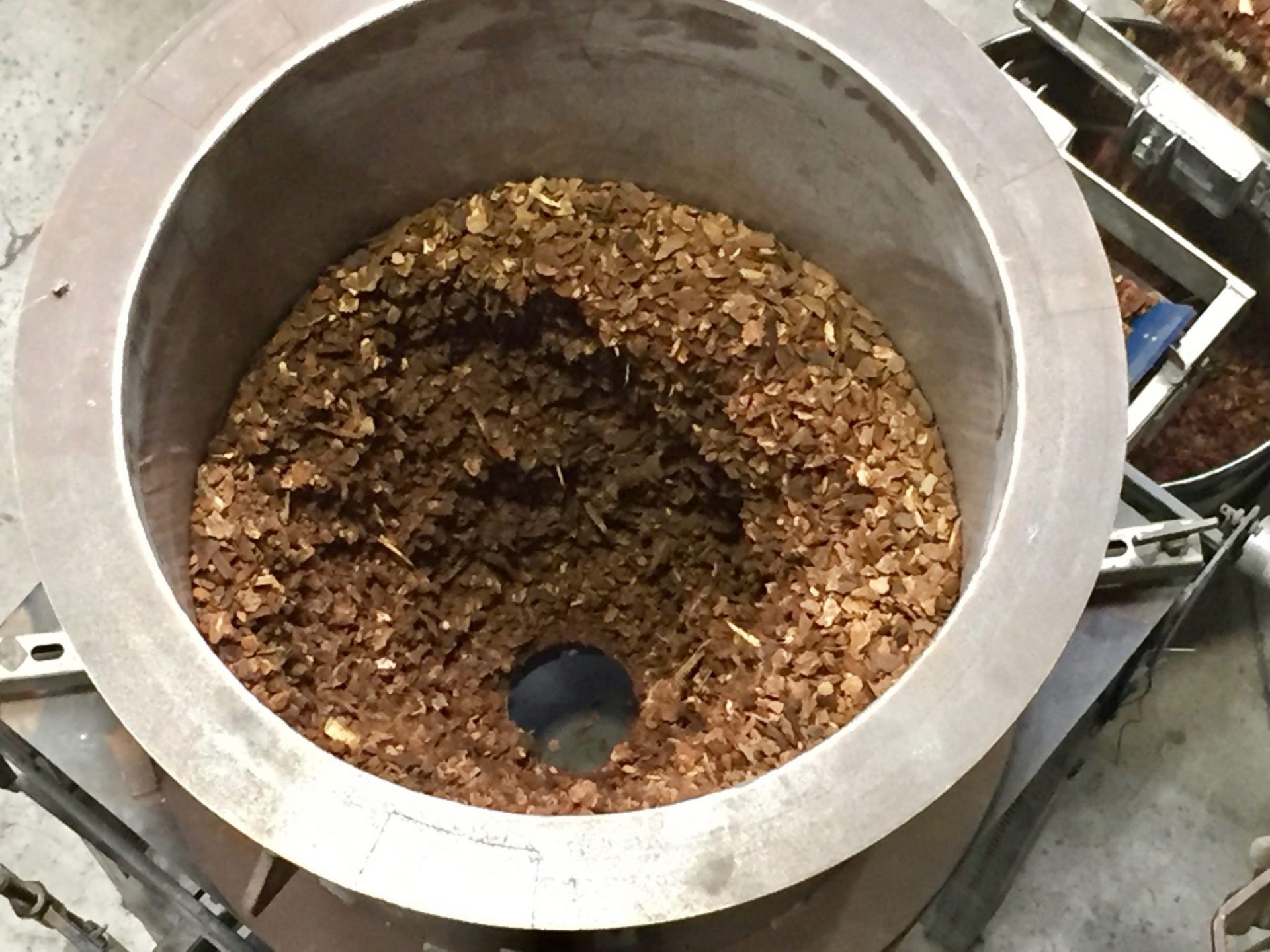 We have worked on biomass projects handling sawdust, wood powder, wood chips, bark, municipal solids wastes, forest residues, sorghum, seed and hulls, chopped straw, switch grasses, and corn stover. We often find that clients are unaware of biomass flowability testing. Their focus is often on the conversion of biomass for high yield, but little attention is given to flow characteristics. The end result is devastating when they are only able to operate at 30-40% of process/plant design for years because of material handling issues.
We have worked on biomass projects handling sawdust, wood powder, wood chips, bark, municipal solids wastes, forest residues, sorghum, seed and hulls, chopped straw, switch grasses, and corn stover. We often find that clients are unaware of biomass flowability testing. Their focus is often on the conversion of biomass for high yield, but little attention is given to flow characteristics. The end result is devastating when they are only able to operate at 30-40% of process/plant design for years because of material handling issues.
Let’s work together to ensure the correct handling system is installed the first time. Please reach out to us anytime to discuss a project, even if you don’t know if our involvement will be needed at the time.

